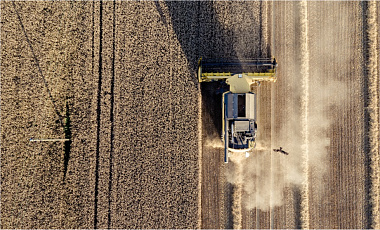- fees (licence fees, royalties) for the know-how, software, website and brand used under a franchise agreement; and
- dividends paid by a company to its participant that is simultaneously the supplier of goods.
Royalties
The payment of a royalty may be a condition for the importation of goods due to the intragroup business rules, if such goods are imported in transactions between the members of the same group of companies, even if it is not expressly reflected in the contracts. Therefore, to answer the question of whether such payments should be included in the customs value, one should establish the existence of a link between the importer’s undertaking to pay royalties and the importer’s becoming or remaining able to use the imported goods not only de jure (on a legal basis) but also de facto (taking into account the rules used within the corporate group governing the organisation of commercial activities under a particular brand).Dividends
Payments designated as dividends which are dividends only in form should be included in the customs value if, in reality, they only ensure that the seller receives part of the income due to it from the re-sale of the imported goods by the importer and perform that function in the relationship between the parties to a foreign trade contract. In such cases the customs declarant should provide evidence that the transaction value of the imported goods corresponds to their actual value.* * *
It would be premature to call this a turning point in royalty and dividend court practice as both cases have been remanded for new trials. However, it is clear already now that both customs authorities and courts have been given more room for interpretation of the actual relationship between the parties to an intragroup transaction.
It will now become even more difficult for the declarant to prove that royalties and dividends are not always a cover up used to pay the supplier part of the value of the imported goods that is hidden from the customs authorities.
Against the backdrop of these decisions, we also expect stricter customs control when carrying out desk customs audits on the question of including dividends, royalties and other intragroup payments in the customs value of imported goods, including those paid under services and other contracts, and we do not rule out that certain other cases where decisions have been made in the declarant’s favour may be reviewed.





